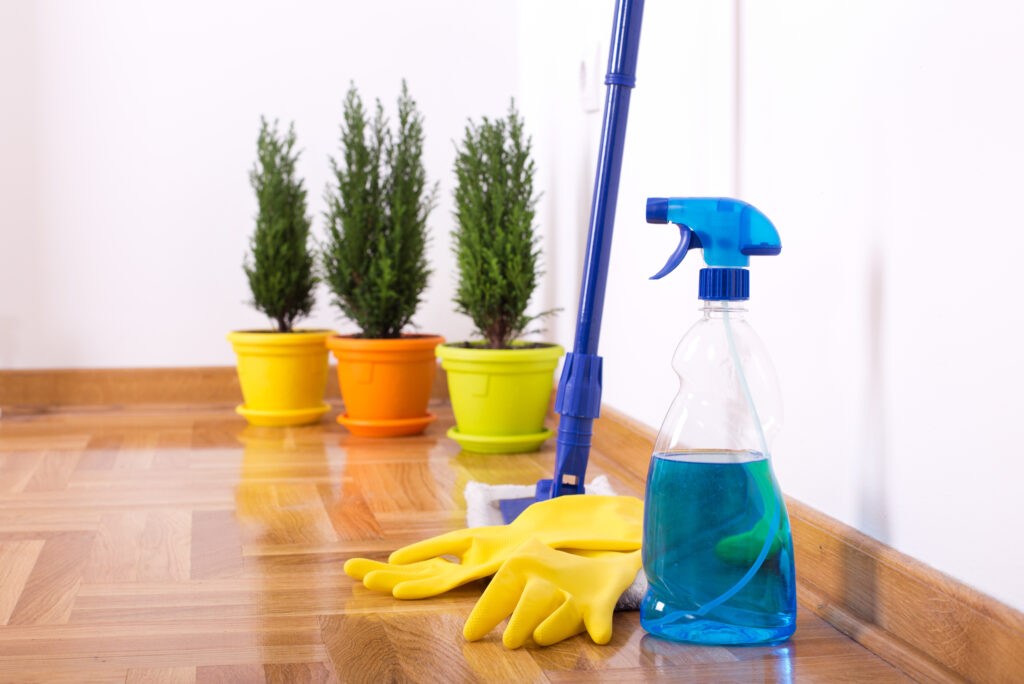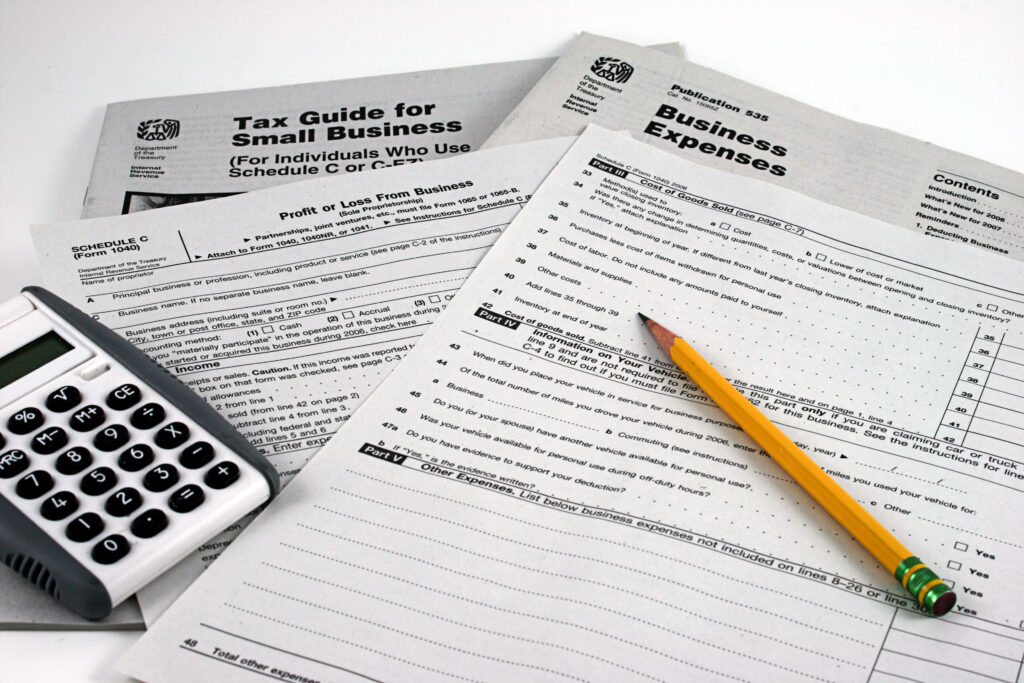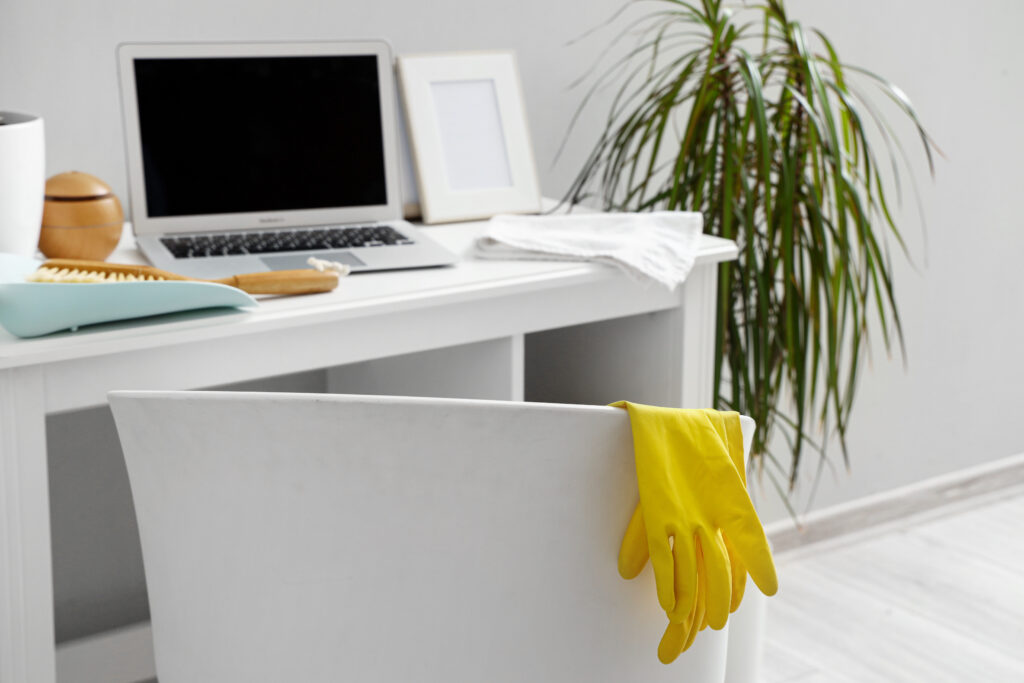
Ideas to Grow Your Cleaning Business
Ideas to Grow Your Cleaning Business You’ve started your cleaning business and navigated the tricky waters of landing those first clients. You may have met
You may be drawn to start a cleaning business because of the constant demand, the low startup costs, or simply the desire to be your own boss. If you are wondering what the next step is in turning your idea of a cleaning business into a reality, below is a list of some of the items you will likely need to complete.
When forming any new business, it is often a good idea to consult with a qualified attorney to discuss considerations and various options for forming your new business.
You don’t have to research cleaning businesses for very long to realize that there are a number of specialties that you could focus on. Some specialties may appeal to you if you have experience, however it is also a good idea to research the competition in the area to see how many of those services are already being offered. Here is a quick list of some different types of cleaning businesses:

Before you jump into the cleaning industry, you should create a business plan. This business plan will outline your scope of work, business goals, and financial projections. If you need funding to start your cleaning business, a business plan can potentially help you secure it. The key points you will likely need to include in your business plan are:
If you do not know where to start when it comes to naming your cleaning business, keep the following tips in mind. Ideally, you want a name that is easy to spell and remember, especially if you want to be found online. You also want a unique name to your area. To see if a business name is available in your city and state, first do a quick search online using a few search engines. You can also do a name search through your local trademark database or your state’s Secretary of State office.
You can connect with your target audience by choosing a name that showcases what kind of services you offer. For example, if you focus on residential cleaning, you can include “Home” or “Housekeeping” in your name. If you want to target a certain geographic area, consider making that part of the name (ex. Northhampton Cleaners, Charlestown Cleaning Solutions). If you want to focus on being a green company, you can emphasize that in your name. Another tip for choosing a name- make sure when it is shortened to an acronym that it still sounds professional.

In the U.S. there are several business structures you can choose. What business structure you have can affect your personal liability, the paperwork you need to file, and can also affect how much you will pay in taxes. When choosing a business structure, consulting with an accountant or attorney is often wise. Below are some common business structures.
If you are doing business, but have not registered as any other kind of business, you are automatically considered to be a sole proprietorship. Sole proprietorships do not separate business assets from personal assets. This means that you can be held personally liable for the debts and obligations of your business. If you think that your business idea is relatively low-risk, and you want to test the waters before forming a more formal business, you may consider a sole proprietorship.
If your business will have multiple owners, partnerships are a structure for two or more people to own a business together. There are multiple different types of partnerships that can potentially be formed, some of which may offer liability protection whereas others do not. For instance, there are general partnerships (which generally do not offer any liability protection), limited partnerships, shorted to LP (which may offer some liability protection to some partners but not others), and limited liability partnerships, shorted to LLP (which may offer some liability protection to all partners).
An LLC can be owned by one or more people or entities, called members. One advantage of an LLC is that it offers members personal liability protection against the debts and obligations of the company, meaning that in most instances, your personal assets like your personal savings accounts or your home won’t be at risk if your LLC faces bankruptcy or lawsuits. If you have significant personal assets you would like to protect, or you feel like your business is at a higher risk, an LLC may be a wise choice.
A corporation can be owned by one or more persons or entities, called shareholders. The potential advantages of corporations include protection of the shareholders’ personal assets from the debts and obligations of the corporation, as well as potentially the ability to raise revenue from outside investors by selling shares in the company. However, there are certain formalities and tax considerations/implications that go along with forming your company as a corporation.
As the type of structure you choose for your company can have a significant impact on issues related to your personal liability, taxes, required paperwork and other formalities, it is always a good idea to consult with an experienced accountant and attorney so that you can make an informed choice.

Is insurance necessary to start a cleaning business? Your work will typically require you be on other people’s property, increasing your business’ risk. You could accidentally damage a client’s counter tops, or someone could slip on a floor you just mopped and injure themselves. Some common insurance coverages for cleaning companies are general liability insurance, business owner’s policies, and workers’ comp. Vendors may also request a janitorial bond. You can read more about these insurance coverages here or request a quote by filling out this form.
As a business owner, it can often feel like you are shooting in the dark when it comes to setting your prices. It can help to do some research on what similar businesses are charging. If you are unsure how long it will take you to complete a task, you may start by charging an hourly rate. Other pricing structures could include charging per room, or charging per square foot. If you offer services like carpet cleaning, charging by area may make more sense to you.
If you are overwhelmed with coming up with a strategy to market your cleaning business, start by establishing a professional means to contact your business, and then dedicate time to set aside for your marketing efforts. Many small businesses can have a growing list of marketing ideas, but picking a few that will be sustainable is key. Start by setting up a professional email address, a website, and any social media pages that seem relevant. Think about where your ideal audience will be. In addition to focusing on digital, think about how you can market in person as well. You may come up with flyers to distribute, or decide to add a decal with your business and contact information to your vehicle. Consider a referral program for your current customers, as people often trust recommendations from friends.

Once you’ve booked your first few clients, it’s time to set up routines for your business to avoid complications down the road. Look into systems or software to set up accounting for your business and keep track of your costs. To provide consistency with your business, you may decide to develop checklists for cleaning. As your business continues to grow, keep in touch with your commercial insurance agent to make sure your coverage still fits your business.
___________________________________________________________________
This article is for general informational purposes only and is not to be relied upon or used for any particular purpose. Cross Insurance shall not be held responsible in any way for, and specifically disclaims any liability arising out of or in any way connected to, reliance on or use of any of the information contained in this article. The information contained or referenced in this article is not intended to constitute and should not be considered legal, insurance, accounting or other professional advice, nor shall it serve as a substitute for the recipient obtaining such advice. The views expressed in this article are that of its author and do not necessarily represent the views of Cross Financial Corp. and its subsidiaries and affiliates (“Cross Insurance”) or Cross Insurance’s management or shareholders.

Ideas to Grow Your Cleaning Business You’ve started your cleaning business and navigated the tricky waters of landing those first clients. You may have met

What Insurance Does a Cleaning Company Need? Comparing Insurance Quotes and Pricing for Cleaning Companies If you are looking to compare insurance quotes for your

What You Should Know About Starting a Moving Company What Steps Should You Take to Start a Moving Business? Thinking of starting your own moving